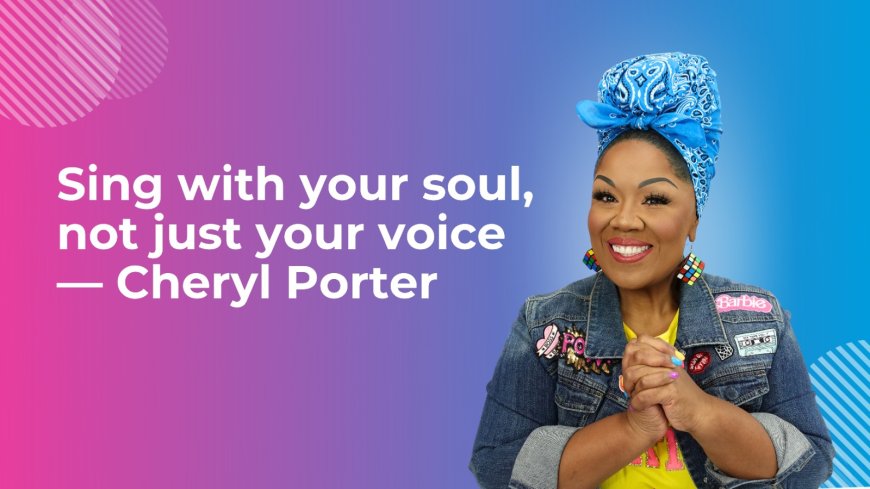Can Anyone Learn to Sing? Yes Here’s Where to Start
Yes, you can learn to sing even if you've never done it before. Here's a clear, step-by-step guide to help you start from scratch.

I cant sing is one of the most common things people say when the topic comes up. But the truth is most people can sing. What they really mean is, Ive never learned how.
Singing isnt magic. Its a physical skill that combines breath, pitch control, and muscle coordination. And like any other skill, it can be developed with the right approach.
If you want to train your voice from the ground up, a focused program that helps you learn singing from scratch can make all the difference. It strips away the guesswork and helps you build technique with confidence.
Why You Should Start Even If You Feel Unmusical
Many people assume theyre not musical because they cant sing on pitch yet or havent been trained. But singing is not a talent test its a learning process.
Even professional singers didnt start out polished. They learned through vocal exercises, practice routines, and trial and error just like you will. The difference between singers and non-singers? One group kept going.
What Youll Need to Begin
You dont need fancy equipment or studio space. Just a quiet place, your phone (to play tones or record), and 15 minutes a day. Heres what else helps:
-
A mirror, to watch your posture and mouth movement
-
A simple piano app or tuner
-
Water to stay hydrated
-
A relaxed mindset
Week-by-Week Beginner Framework
Week 1: Breath + Awareness
-
Learn to breathe low into your belly
-
Use slow inhales and steady exhales
-
Hum gently on a single pitch
Week 2: Pitch and Placement
-
Practice matching simple piano notes
-
Use ng sounds and lip trills to slide into notes
-
Work on releasing tension in your jaw and throat
Week 3: Range and Resonance
-
Begin gliding between notes (low to high, then back)
-
Explore your comfortable range, without forcing high or low
-
Start singing 23 lines from a simple song
Week 4: Tone + Confidence
-
Practice sustaining vowels (ah, ee, oo)
-
Record yourself singing a full verse
-
Sing with a backing track to build musicality
What If Youre Off-Key or Flat?
Pitch issues are usually a coordination delay between what your brain hears and how your vocal cords respond. Theyre not permanent. In fact, most beginners improve pitch dramatically within weeks of regular practice.
Focus on:
-
Slow pitch matching
-
Listening before singing
-
Adjusting gently if a note feels off
Common Newbie Missteps to Avoid
Skipping Warmups
Even five minutes of warming up helps you avoid strain and sets you up for success.
Singing Too Loud
Loud doesnt mean strong. Focus on clarity and ease, not volume.
Expecting Fast Results
Your voice is a muscle system. Give it time to adjust and grow stronger.
Comparing Yourself Constantly
Youre on your own path. Your voice is not meant to sound like someone elses.
How to Know Youre Improving
-
You can hold a note longer than before
-
You feel more relaxed while singing
-
Your pitch is more accurate
-
Singing feels fun, not scary
-
Youre practicing more consistently
All these are signs your training is working even if your voice still has a long way to go.
Final Thoughts: Its Never Too Late to Begin
You dont need years of training to start. You dont need a perfect voice to make progress. And you certainly dont need to sing like a pro to enjoy singing.
What matters is consistency, curiosity, and a willingness to sound imperfect at first. Every great singer was once a total beginner.
Your voice is capable of far more than you think it just needs a chance. So give it one.







































